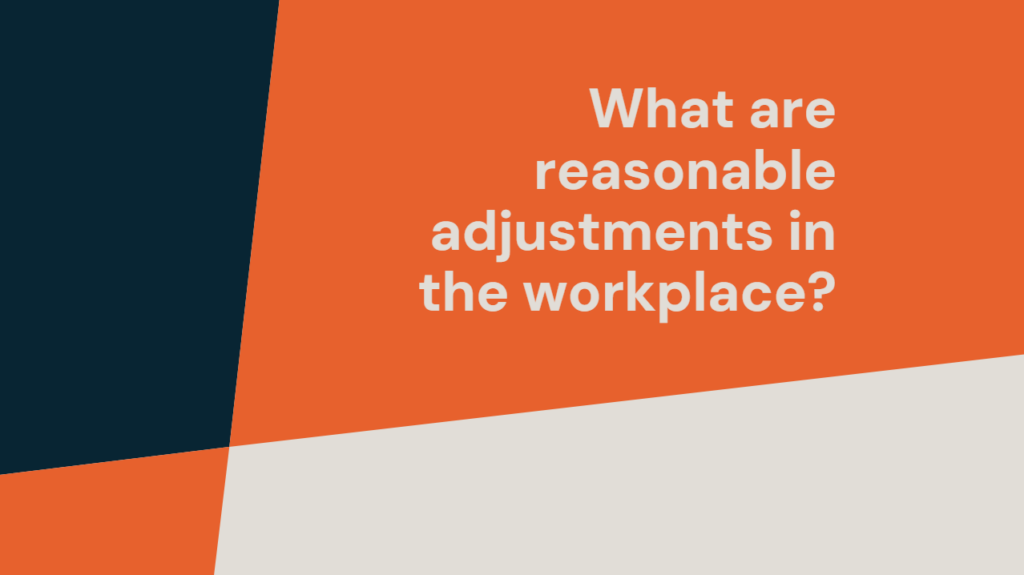Supporting neurodivergent employees in the workplace is not only an ethical responsibility but also a strategic advantage.
Neurodivergent individuals – those with autism, ADHD, dyslexia, and many others – bring unique perspectives and skills that can enhance creativity, problem-solving, and innovation within teams.
However, creating an inclusive environment where neurodivergent employees can thrive requires thoughtful leadership and intentional practices.
While the most important step is to ask each individual what they need and not make assumptions, it’s also true that not every employee may feel comfortable disclosing their needs.
That’s why it’s essential to adopt management strategies that support all employees and are particularly beneficial for neurodivergent staff.
Here are five practical actions you can take as a leader:
1. Be clear in all communication and encourage open dialogue
Effective communication is crucial in any workplace, but it’s especially important when supporting neurodivergent employees.
Clear and concise communication helps prevent misunderstandings and ensures that everyone is on the same page.
- Avoid ambiguity: Text-based communication can be interpreted in different ways. Ensure that your messages are clear, concise, and easy to understand.
- Clarify expectations: Explicitly explain what is needed and the expected outcomes. Don’t assume that employees will “read between the lines.”
- Encourage feedback: Create a culture where employees feel comfortable sharing feedback or voicing concerns. Be open and responsive to their input.
2. Avoid last-minute changes
Consistency and predictability are vital for neurodivergent employees who may struggle with sudden changes or unanticipated disruptions.
- Stick to plans: If a meeting is scheduled as virtual, avoid switching to a face-to-face meeting at the last minute. Always offer an alternative or keep the original setup.
- Provide notice: If you need an employee to present in a meeting, inform them ahead of time—never spring it on them during the meeting.
- Allow time to adapt: When changes are necessary, give employees time to process and adjust. Discuss the change and confirm preferences moving forward.
3. Honour scheduled time with your employees
One-on-one meetings are crucial touchpoints for many employees, particularly neurodivergent staff who may rely on these sessions to stay aligned with their tasks and goals.
- Prioritise catch-ups: Treat these meetings as the most important events in your calendar. Choose times that are least likely to be disrupted by other demands.
- Be fully present: Value the time by giving your employee your undivided attention—don’t multitask.
- Provide agendas: If there are specific topics to discuss, share an agenda beforehand so the employee can prepare.
4. Follow up meetings with a clear list of agreed actions
Post-meeting clarity is essential to ensure that everyone knows what is expected of them.
- Summarise actions: After meetings, whether group or individual, send a summary of the agreed actions, who is responsible for each, and the deadlines.
- Reinforce clarity: This practice not only reinforces clarity but also provides a reference for employees to review as needed.
5. Allow time for decision making
Neurodivergent employees may need more time to process information and make decisions, especially when significant changes or requests are involved.
- Encourage deliberation: Allow employees to take the time they need to consider significant decisions, even if they attempt to give you an immediate answer.
- Set follow-up times: Let them know they can take several days or a week to think things over, and arrange a time to hear their decision later.
By implementing these strategies, you’ll foster a more inclusive and supportive work environment, not just for neurodivergent employees but for your entire team.
These practices, grounded in good management principles, help ensure that every employee can contribute their best work and feel valued within the organisation.
Reasonable adjustments / workplace adjustments for neurodivergent employees
Konekt’s Reasonable Adjustment Service is designed to help employers support employees with a disclosed disability, chronic injury or illness by offering reasonable workplace adjustments.
This includes support for disability groups such as, but not limited to, those with neurodivergent diagnoses, intellectual disability, physical disabilities, chronic pain, and mental health conditions.
The service focuses on the individual and provides clients with:
- Tailored solutions to maximise workplace independence (i.e. physical, social, and environmental adjustments)
- Practical strategies to support completion of workplace tasks and ability to thrive in their chosen role
- Clear communication between all stakeholders to support adoption of agreed strategies
The service is voluntary and supports the development of an inclusive workplace culture that optimises engagement of people with disability, illness and injury.




